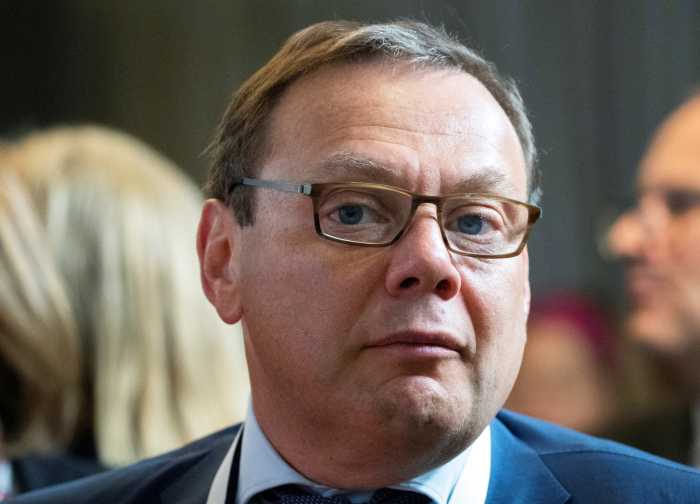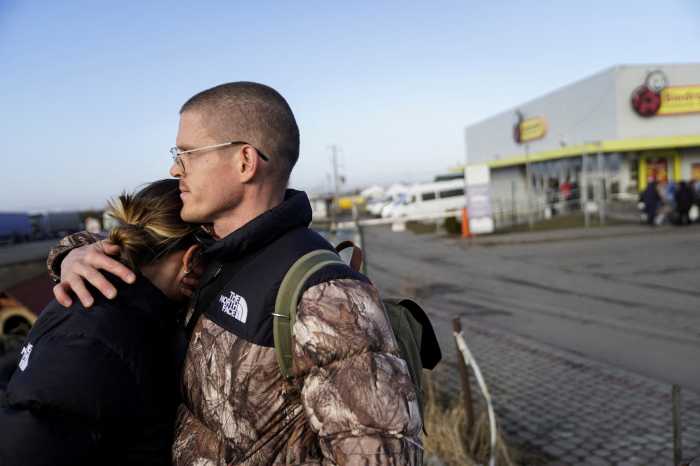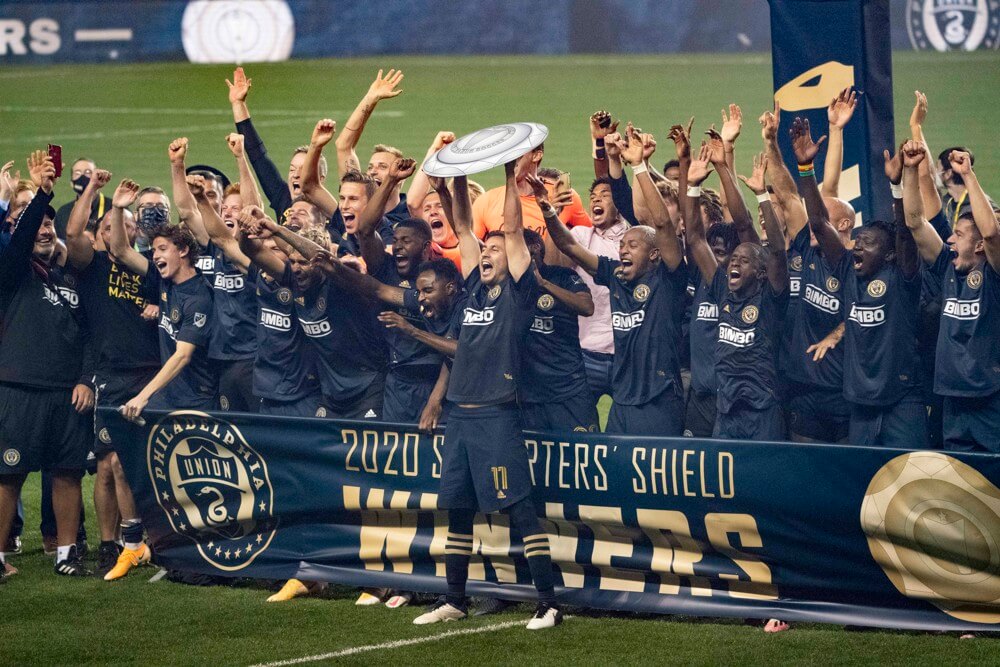Kids chatter in the hallway of KleinLife’s sprawling Northeast Philadelphia community center as counselors try to corral them into orderly lines.
In one room, younger children learn to control Lego-like robotics, and another group practices basketball skills in the center’s gym.
But this is no ordinary summer camp. All of the nearly 50 children involved recently fled their homes in Ukraine to escape the Russian invasion, and most of their fathers remained to fight in the war.
KleinLife is providing the summer camp at no cost to families, and they want to go further — they launched a campaign Thursday to raise $750,000 to fund free after-school programs and social services for Ukrainian refugees, many of whom have settled in the Northeast.
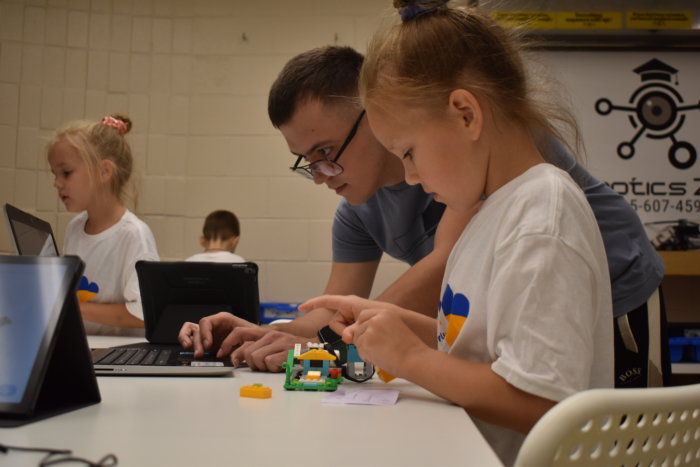
Andre Krug, KleinLife’s president and CEO, grew up in Kharkiv, an eastern Ukrainian city that has been battered by Russian attacks.
“It was a heart-wrenching process, when you hear the stories of the children, when you hear the stories of the parents,” said Krug, who immigrated to the United States more than 30 years ago.
Two Ukrainian mothers with children approached the center’s vice president, Victoria Faykin, in early June, and the camp began within days with a small group.
KleinLife did not advertise the program, Faykin said, but word spread among mothers in the community. Quickly, the number of participants rose, and the center raised $70,000, including a $65,000 grant for the camp from the Jewish Federation of Greater Philadelphia.
Though rooted in Jewish values and founded as a JCC, KleinLife has grown to serve a large and diverse population in the Far Northeast, particularly seniors and immigrants. Only one of the campers is Jewish.
Olympic sprinter Mariya Ryemyen, who won a bronze medal for Ukraine in 2012, serves as the camp’s athletic director, and several of the counselors are Ukrainian mothers and teenagers who are recent refugees themselves.
“Children need to be children, and they need to be in peace,” Irina Melnik, a mother who helps out at the camp, said through a translator.
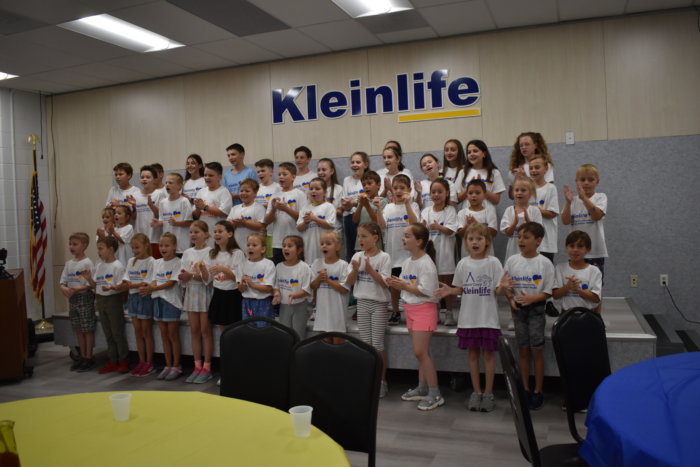
There are signs that the participants are re-learning how to be children, said Mariya Keselman-Mekler, an art therapist at KleinLife who also works with Holocaust survivors.
She has seen the children use brighter colors in their art and depict scenes about soccer and swimming, instead of only about the war.
Still, patriotic themes, using the blue and yellow of the Ukrainian flag, are common, as is a yearning for family members and friends in their home country, Keselman-Mekler said.
“They feel very hopeful about the future of Ukraine, and the idea of good over evil, especially the younger kids who have more black-and-white thinking,” she told Metro.
If the $750,000 campaign — known as “Grow Hope” — is successful, the money will fund after-school activities for 75 children, another summer camp next year, emergency food distribution and a caseworker to help refugees with work authorizations and other paperwork, Krug said.
For more information or to donate, go to www.kleinlife.org.

Metro is one of more than 20 news organizations producing Broke in Philly, a collaborative reporting project on economic mobility. Read more at brokeinphilly.org or follow on Twitter at @BrokeInPhilly.





